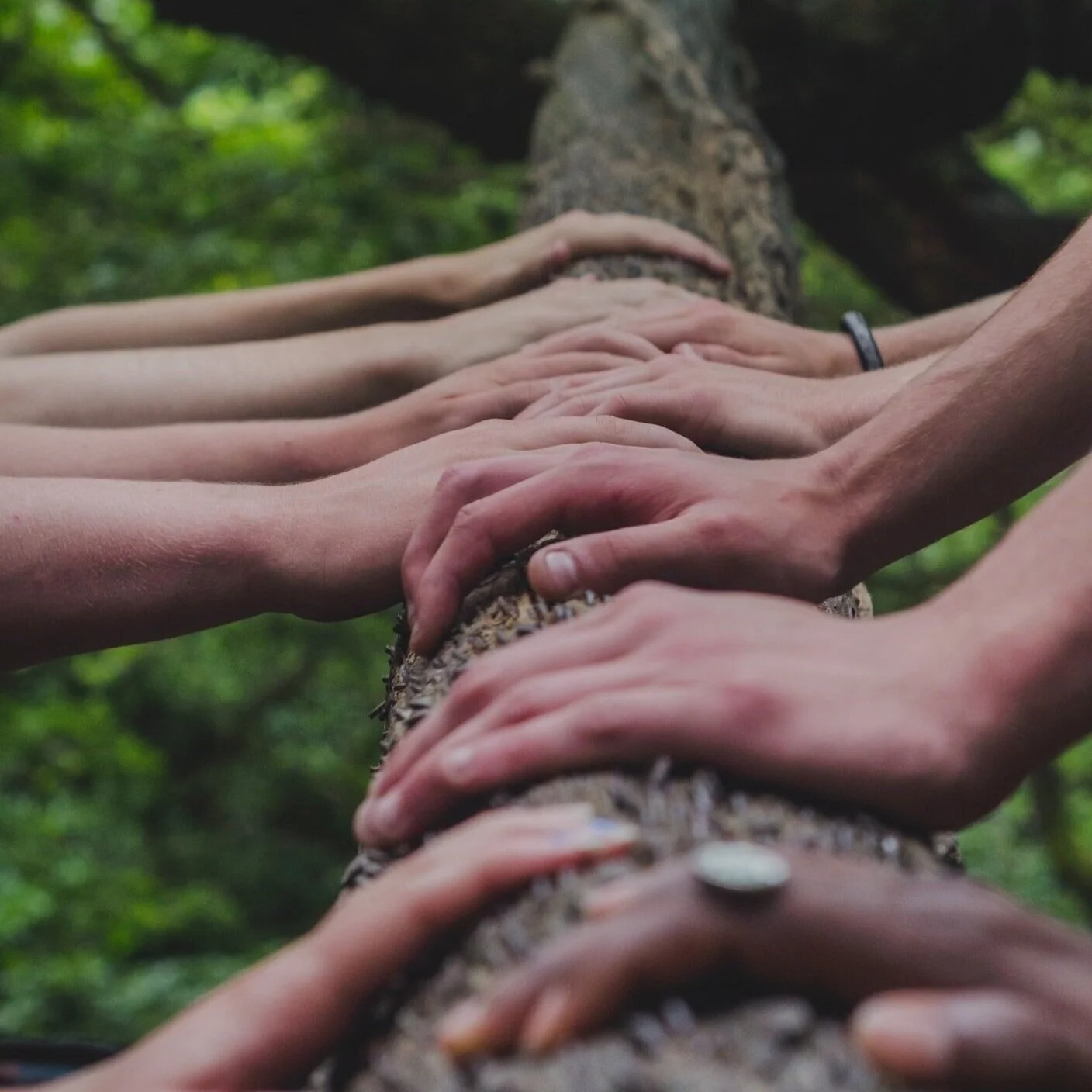2024 has been confirmed by the World Meteorological Organization (WMO) as the warmest year on record. This new data supports that climate change is making extreme heat increasingly intense and frequent. Exposure to heat has been linked with reduced labour productivity and many adverse health impacts, such as mental illness, hospitalisation, preterm birth and even death. In today’s post, VicHealth (@VicHealth) postdoctoral fellow Rongbin Xu (@RongbinXu) and Shuai Li (@Dr_Shuai_Li), both of Monash University (@MonashMSDI), provide commentary on new research which found that heat can accelerate the pace of biological aging. This story provides new evidence that supports the necessity of well communicated heat action plans as well as progressive climate mitigation strategies to limit global warming, particularly in a world experiencing rapid population aging. This article first appeared in The Conversation; you can read it in its original version here.
Read More



















